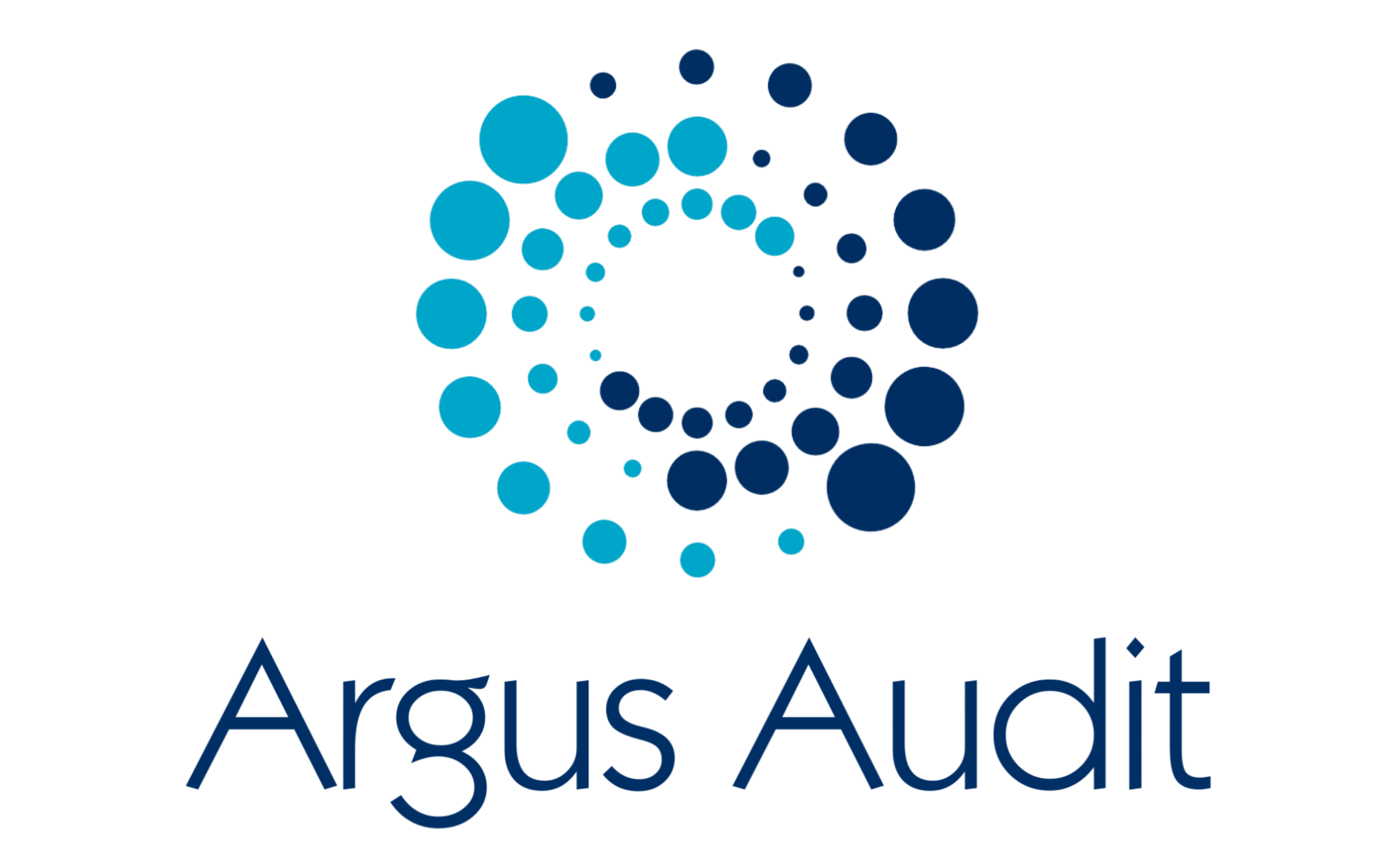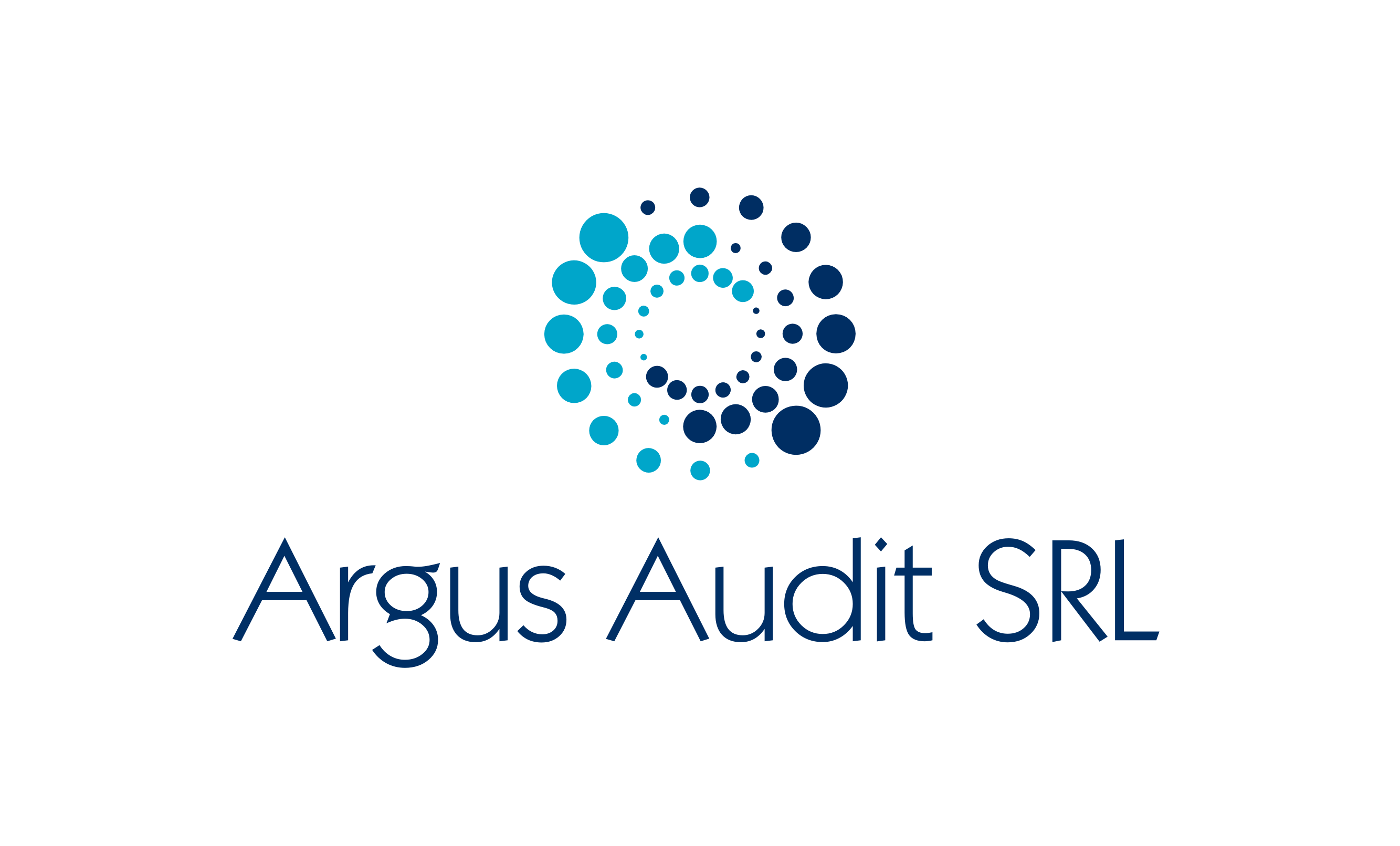How do you structure governance functions in your organization?
In today’s business environment, internal audit and internal control are often associated, yet each plays a distinct and essential role within an organization. Understanding the differences between these two concepts is crucial to ensuring effective corporate governance and robust risk management.
Internal Audit vs. Internal Control: Differences and Importance
Internal Audit is:
- Mandatory for certain companies, according to applicable local regulations (e.g., „Law no. 162/2017”).
- Performed only by certified auditors, with a high degree of independence.
- A process of objective evaluation of the effectiveness of internal controls, risk management, and governance.
- Focused on providing consultancy and recommendations to improve operational processes and reduce risks.
Internal Audit reports directly to senior management or the Audit Committee, maintaining significant operational independence.
Internal Control, on the other hand:
- Is not legally mandated, but it is essential for the efficient functioning of an organization.
- Is an integral part of daily processes and does not require external qualifications.
- Focuses on ensuring compliance, process efficiency, and achieving organizational objectives.
- Aims to prevent and detect risks, errors, and non-conformities in real-time, by implementing proactive mechanisms.
Internal Control is reported to operational management and represents a natural part of the organizational structure.
Why is it important to differentiate them?
A confusion between internal audit and internal control can lead to misunderstandings regarding their responsibilities and objectives. While internal audit analyzes and validates the effectiveness of internal controls, internal control implements and executes them.
Having a clear distinction helps ensure effective coordination between the two functions, thereby maximizing the value brought to the organization.
Are you ready to face today’s risks and challenges?
Share your experiences with implementing these functions or contact us to learn how you can apply best practices to protect and optimize your business!
Author : Marian Olteanu




